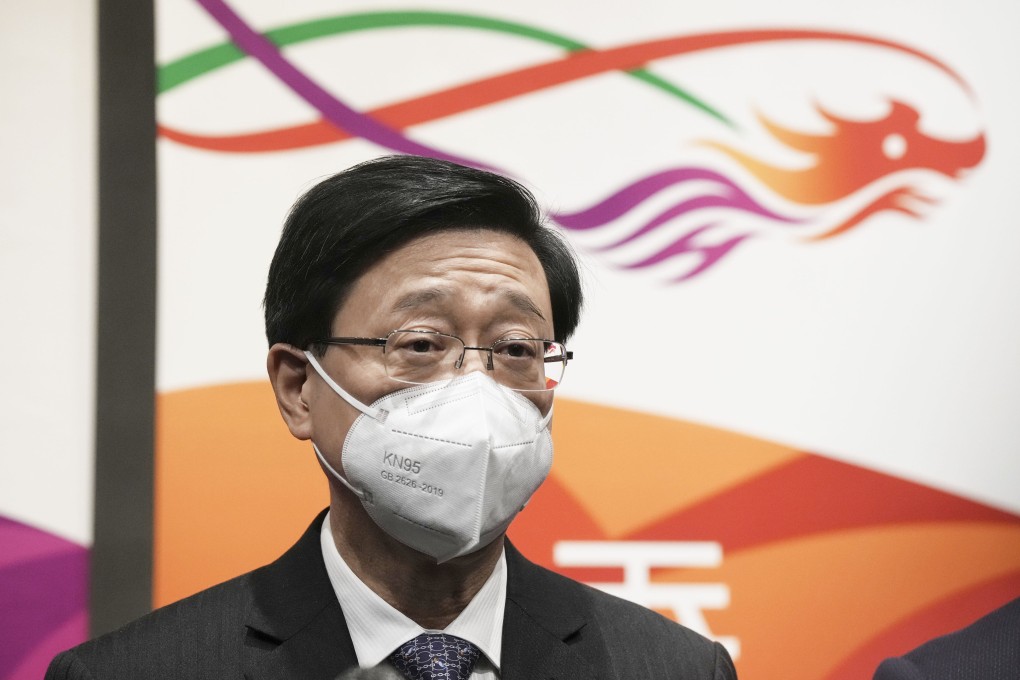Hong Kong’s John Lee to return to Beijing on Sunday for talks on deeper economic integration with rest of nation
- Eight high-ranking officials overseeing areas such as finance, education and technology to join city leader on week-long trip to Beijing
- Discussions with Beijing officials to focus on ‘Hong Kong’s active integration into national development’, with trip to overlap with end of two sessions meetings

Hong Kong’s chief executive will lead a high-level delegation to Beijing on Sunday for a week-long trip to discuss how the city can better integrate its economic development with the rest of the country’s as it more closely aligns itself with the nation’s goals.
“Lee will visit various central ministries and authorities in Beijing to exchange views on issues of common interest, with the aim of enhancing interaction and cooperation to promote Hong Kong’s active integration into national development and create a strong impetus for the growth of the Hong Kong Special Administrative Region,” it said, adding the delegation would return on March 18.
The annual meetings of the country’s top legislature and political advisory body wrap up on Monday. Lee travelled to the capital last Saturday to attend the opening of the meetings.

As part of the trip, Lee will attend Monday’s closing ceremony for the National People’s Congress, China’s top legislature.